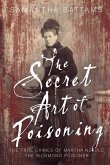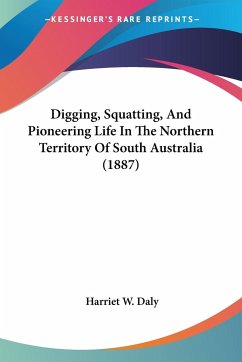The colonial days of Australia brought people from all walks of life to our shore - free settlers, convicts, deserters, public servant administrators and the unscrupulous - all for different reasons. After the tumultuous early decades, the colonies gradually developed their identities. Mainly through the establishment of sheep and cattle properties and the rich farmlands. Then came the gold rush which initially caused mayhem. Ordinary people left their employment and farms to seek their fortune. Many shops were deserted, police left their posts and even domestic servants went to try their luck. A few found their fortune, but many came back poorer but wiser. Stability soon returned to the community. Small towns and individuals came to the fore. Along all popular roads, about every twenty or so miles an inn or a store was erected. They began mainly as a shanty made of canvas, saplings and bark. Some survived and became established buildings, encouraging other enterprises to join them to start a village, and hence a town. Of the individuals, the shearers were a major workforce in the mid 1800's. They started shearing in Queensland and worked their way south to Victoria and, after a break, headed north again for the following shearing season. In those days, law and order was a problem, not only from the crime point of view, but also for judicial management control. The police forces had many incompetent constables while others were inadequately supervised in larger towns. Some were even ex-convicts. Justices of Peace were far and few between and there was an urgent need for magistrates in the country districts. The few magistrates that existed were mainly based in Melbourne. However, the law prevailed, the community benefited, and society remained stable and orderly. This story is focused on two young immigrants - a coachbuilder and a lawyer, and their community contribution to the colony. One becomes a shearer/farmer and the other a magistrate/farmer. It is partly fiction, interwoven with true events. Primarily it is intended to be reminiscent of those exciting and heady colonial days.
Hinweis: Dieser Artikel kann nur an eine deutsche Lieferadresse ausgeliefert werden.
Hinweis: Dieser Artikel kann nur an eine deutsche Lieferadresse ausgeliefert werden.

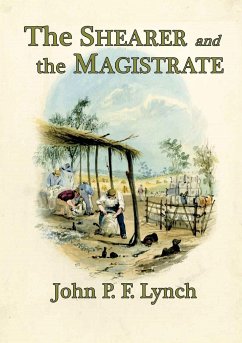
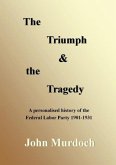
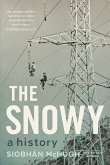
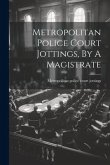
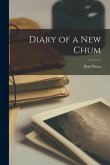
![Tales of the Colonies, Or, the Adventures of an Emigrant, Ed. by a Late Colonial Magistrate [C. Rowcroft] Tales of the Colonies, Or, the Adventures of an Emigrant, Ed. by a Late Colonial Magistrate [C. Rowcroft]](https://bilder.buecher.de/produkte/52/52075/52075168m.jpg)
